Meet the Team
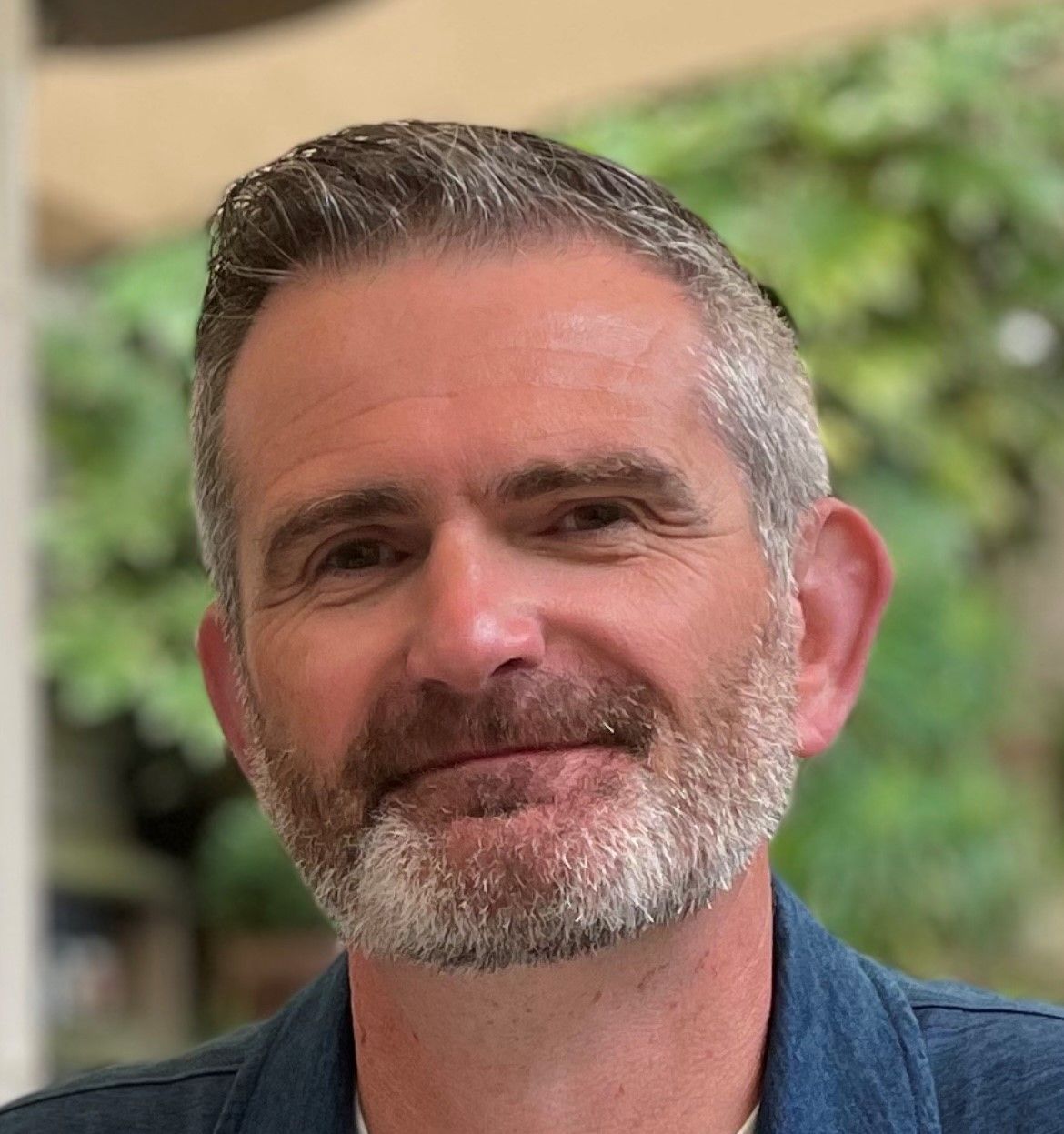
Mark Joyce
Senior Responsible Officer
Mark Joyce is the Senior Responsible Officer for Changing Futures Northumbria and led on the development of the partnership that delivers the programme. He gained the cross-sector support required at the Expression of Interest stage and along with other colleagues, including Francis Donnelly, secured the Changing Futures funding through a competitive selection process.
Mark is seconded from his substantive post as Commissioning and Performance Lead in the Office of the Police ad Crime Commissioner for Northumbria’s Violence Reduction Unit.
His focus is on how more integrated approaches to cross cutting partnership working can provide individuals and communities with the ability to thrive by using continuous learning cycles to inform and shape strategic needs assessment processes, commissioning, service delivery and evaluation.
Mark has previously worked across the public sector and the voluntary, community and social enterprise sector in operational and strategic roles covering addiction, homelessness, the criminal justice system, and youth work.
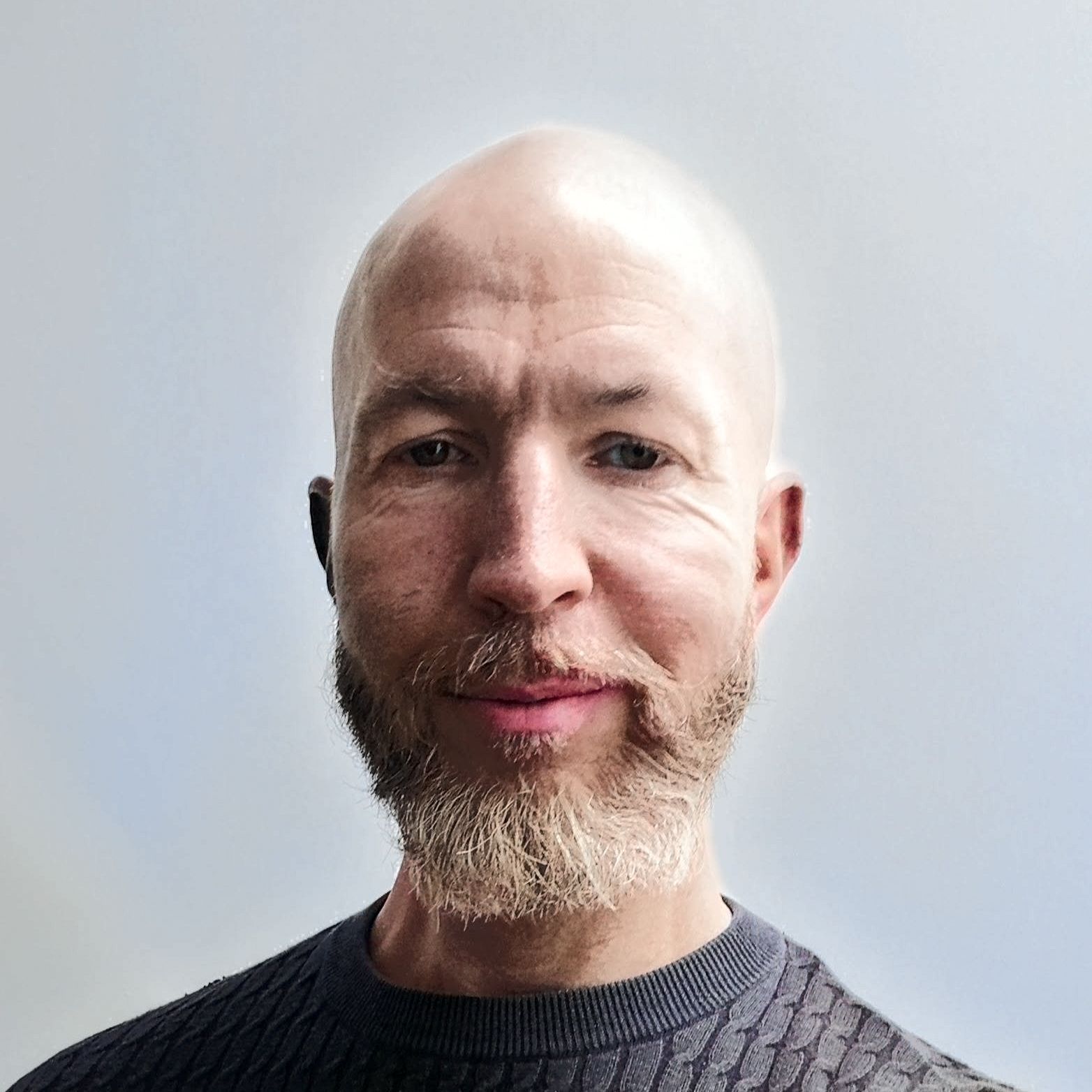
Francis Donnelly
Programme Lead
Francis Donnelly is a Programme Lead for Changing Futures Northumbria. He works with the CFN team to develop, iterate and implement the Liberated Method. He is interested in how individuals access their own capacity for change and to what extent public services can help or hinder this process.
Francis has worked in both the public and voluntary sector in frontline and management roles, specialising in drug and alcohol services but also working in complex needs contexts focussing on housing, criminal justice and mental health. He has supported organisations around systems change and run learning programmes such as Fulfilling Lives Newcastle Gateshead.
The Changing Futures Northumbria programme has asked how radical change occurs for an individual who is without hope, and to what extent public services can be part of that change. Francis’ aspiration is to help enable organisations understand how they can create the capacity and capability to be a part of radical change for people.
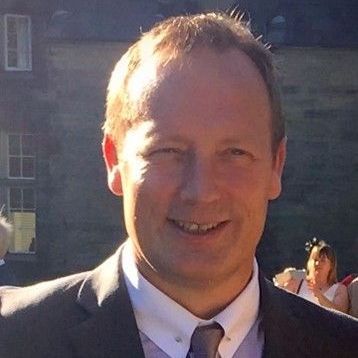
Ron Charlton
Data and Information Lead
Ron Charlton is the Data and Information Lead for Changing Futures Northumbria. He looks at different ways of using data through a relational lens to inform relational practice, rehumanising service data capture using a bottom-up approach.
He is also developing evaluation measures that can provide agile responsive data to inform leadership of what works to iterate relational practice in real time, thus a move away from the current orthodoxy of marketized public service metrics (KPIs), to contextualised real outcome-based focus.
He has developed a methodology called the ‘Burning platform’ to understand demand placed on a whole service landscape for people experiencing multiple complex needs and the resultant impact in their lives v how relational services reduce costs and build back capacity into services and produces positive outcomes for people.
He has contributed to a book being released on 11th August 2025 that explains this in detail:
Charlton, R. (2025). The public services burning platform: Using existing transactional data to make a case for relational public service approaches. In R. Wilson, H. Hesselgreaves, M. French, M. Hawkins, D. Jamieson, M. King, & J. Kimmitt (Eds.), Futures in public management: The emerging relational approach to public services. Emerald. Leeds
He is also involved in the development and implementation of a new software innovation called a Trustworthy Governable Platform that allows organisations full autonomy from IT expertise in the development and iteration of digital platforms bespoke to their needs in collaboration with Northumbria University.
Ron has had a varied career, he served in the army as an aircraft engineer, a national maintenance manager for a well know ophthalmic company and served 23 years as a police officer and has a sound understanding of multiple public services responses to peoples presenting issues that experience complex needs.
Also being a main carer for a family member with complex needs he has firsthand experience of system responses to trying to get needs met in complexity.
The Changing Futures Northumbria programme places people at the centre of everything we do rather than the system itself, using the liberated method.
By evidencing that the liberated method works and that services are unsustainable as they are, his ambition is to persuade the need for change across services.
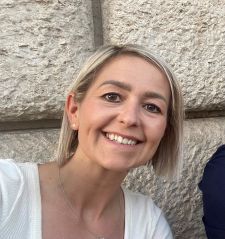
Victoria Johansen
Operations Lead
Victoria oversees the operational delivery of the programme, supporting recruitment, induction, training and supervision of staff, and ensuring the effective implementation of the Liberated Method. She plays a key role in enabling the partnerships that make the work possible and is committed to building environments where people can do their best work.
Victoria has worked in drug and alcohol services since 2007 across frontline and leadership roles, with a strong focus on criminal justice settings. She has led services and teams since 2010 and brings a deep understanding of the challenges faced by people with complex needs and those working alongside them.
Her work with Changing Futures Northumbria explores how to develop psychologically safe workplaces and autonomous teams. Victoria’s aspiration is to help build a culture in which staff are trusted, supported, and able to bring their full selves to the work, believing that doing so creates the best conditions for lasting change for the people we serve.
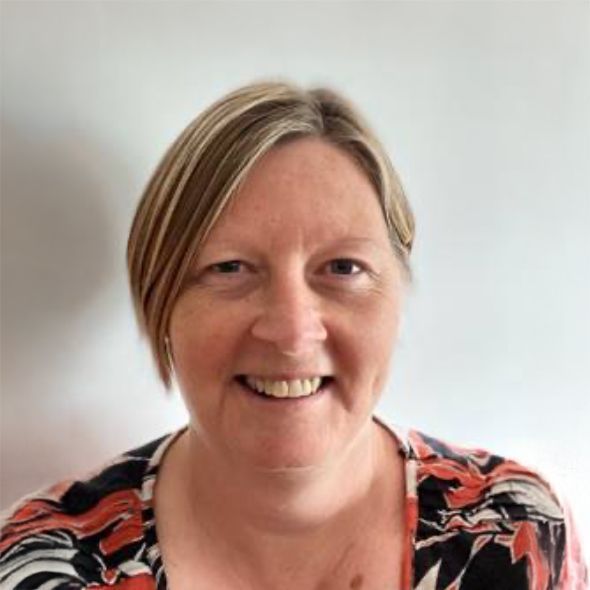
Charlotte Wainwright
Governance Lead
Charlotte has been with Gateshead Council since 2001, gaining extensive experience across a variety of roles and departments. Over the years, she has contributed to key areas including Policy, Performance, Reviews, and Project Management.
This diverse background has allowed her to develop a broad skill set and a deep understanding of local government operations (finance, Procurement, Grant awards, contracts), while continually adapting to new challenges and opportunities which has helped to deliver Changing Futures Northumbria.
Charlotte is motivated by the opportunity to create meaningful change that improves people’s lives. She believes that we always need to find new ways of moving with the times and doing things differently to make a difference for people.
Charlotte’s work supporting and advising the programme has been vital in helping CFN develop ways of working that are easy to navigate that lead to positive outcomes for individuals and communities.



